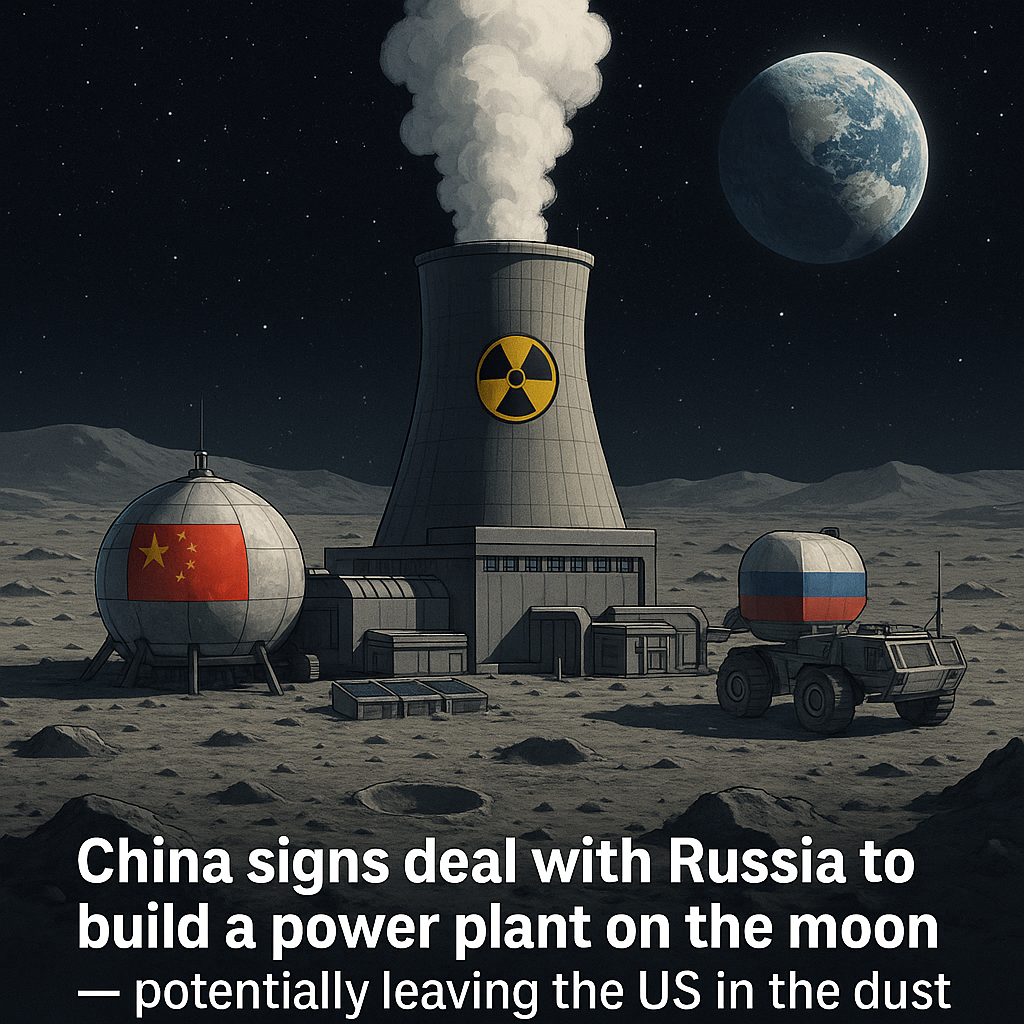Russia is planning to launch a new space station into orbit that will host not just its cosmonauts but potentially space tourists from around the world. This ambitious move could surprisingly act as a deterrent against Russia’s own military from detonating nuclear weapons in space. Space defense scholars in Washington and London believe that this space station could play a crucial role in preventing Russia’s Strategic Rocket Force from using such destructive weapons in orbit.
Russia’s Secret Space Weapons
In recent years, American intelligence agencies uncovered a secret project by Russia to develop nuclear weapons capable of orbiting the Earth. These warheads are designed to stalk and potentially destroy Western spacecraft. The discovery of this project has led U.S. defense leaders to strategize ways to counter this new threat without sparking an arms race in space. The horrifying possibility of nuclear weapons in space has made researchers think about the dangers and ramifications of such weapons.
Russia’s threats to deploy nuclear missiles have become more frequent, especially against NATO allies who are aiding Ukraine in defending itself against Russia’s invasion. Experts suggest that these new weaponized spacecraft could be part of a broader nuclear strategy. The concern is that these spacecraft could be integrated into a larger offensive plan, increasing the risk of a nuclear conflict that could have devastating consequences for the entire planet.
The Role of the New Space Station in Nuclear Deterrence
Russia’s new space station, known as the Russian Orbital Station, is planned to be launched into low Earth orbit. This space station will serve as a laboratory and habitat for cosmonauts and potentially space tourists. Interestingly, the presence of this space station in orbit could significantly reduce the likelihood of Russia using nuclear weapons in space.
The logic is simple: if Russia has its own space station orbiting the Earth, it would be less likely to risk destroying it by detonating a nuclear weapon in the same orbital plane. This is because such an explosion could easily damage or destroy Russia’s own spacecraft, as well as those of its allies. The space station, therefore, acts as a sort of insurance policy, protecting not just the station itself but also reducing the chances of a nuclear conflict in space.
This concept of deterrence is not new, but it takes on a new dimension when applied to space. In order to avoid nuclear war in the past, nations have relied on the threat of mutual devastation. However, the idea that a space station could serve as a deterrent is a novel approach to preventing conflict in orbit.
Implications for Space Security
Regarding space security, the Russian Orbital Station launch could have a big impact. With the station in place, the chances of Russia using nuclear weapons in space could decrease. This would be a positive development for global security, as the threat of nuclear conflict in space would be reduced. However, it is important to recognize that the presence of a space station does not eliminate the risk entirely.
There are still concerns about Russia’s intentions and the potential for these weaponized spacecraft to be used in other ways. The fact that Russia is developing these capabilities at all suggests that the threat of space-based conflict remains a serious issue. The international community will need to continue monitoring Russia’s activities in space and be prepared to respond to any potential threats.
The development of space-based nuclear weapons and the launch of the Russian Orbital Station represent a new chapter in the ongoing struggle for power and security in space. While the presence of the space station may act as a deterrent, it is crucial to remain vigilant and prepared for any challenges that may arise in the future.
Russia’s plans to launch a new space station could unexpectedly reduce the chances of a nuclear conflict in space. By placing its own assets in orbit, Russia may be less likely to use nuclear weapons for fear of damaging its own spacecraft. This development is a reminder of the complex and interconnected nature of global security, where actions in one area can have far-reaching implications for peace and stability.




